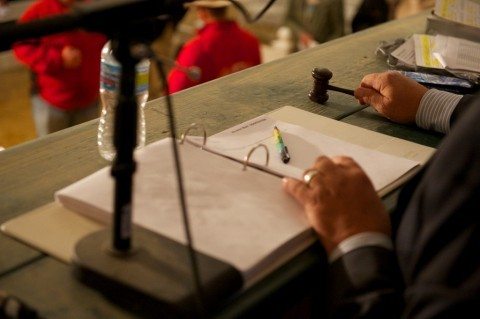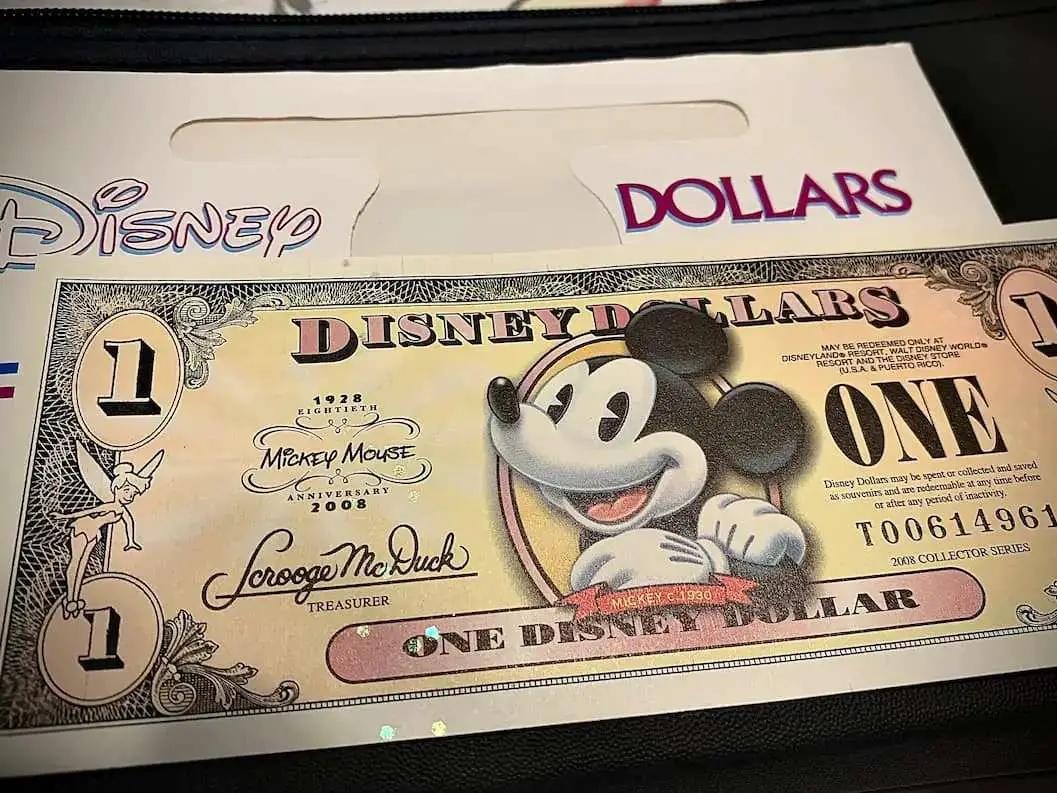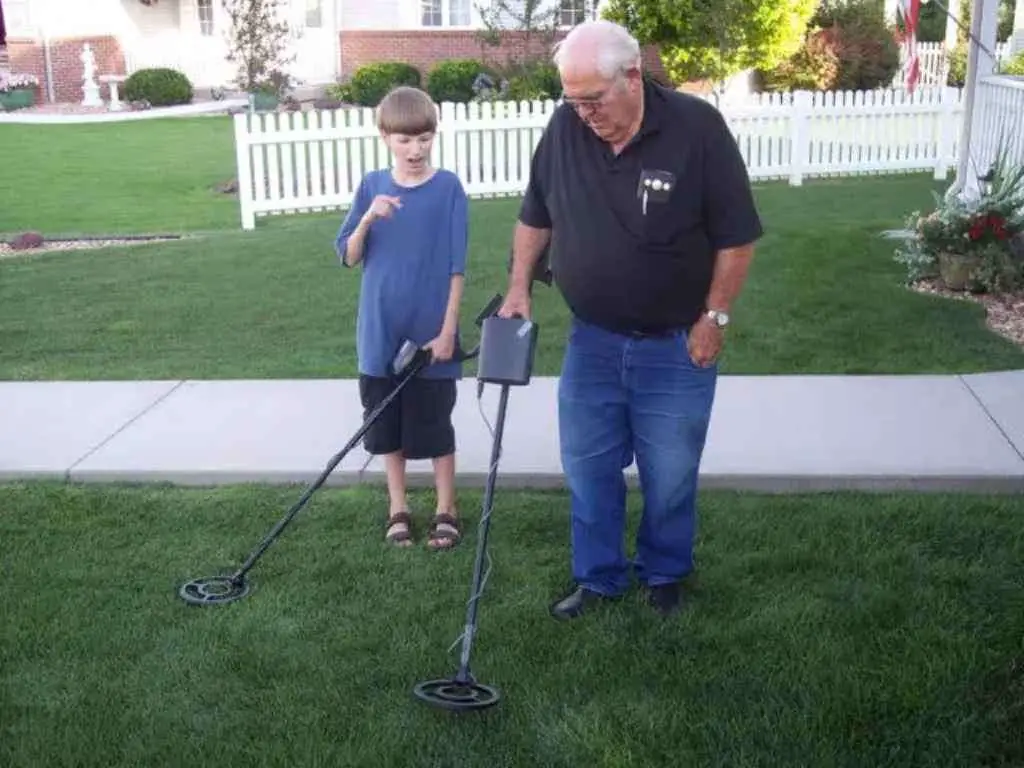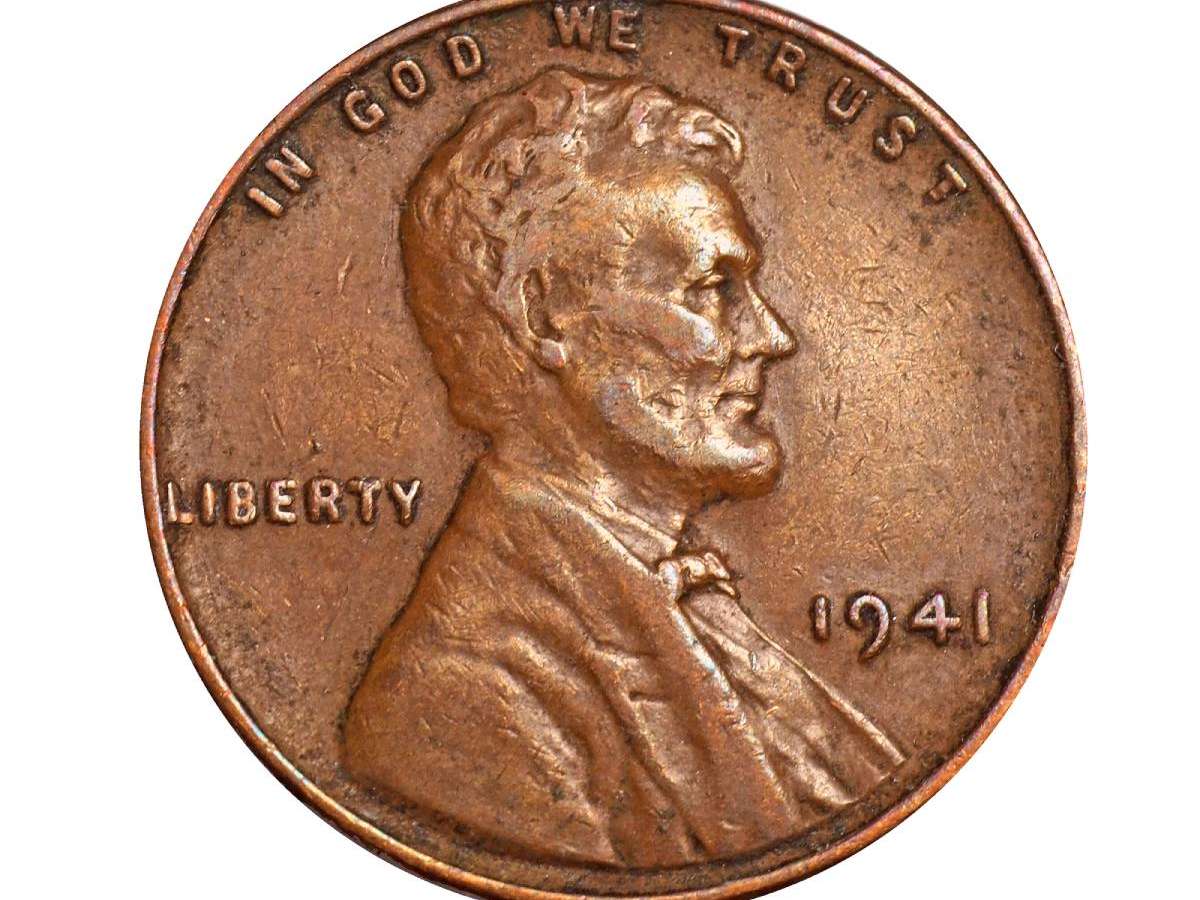If you’ve got a rare or unusual coin, then you’ve probably considered selling it at a coin auction.
But, before you do, please heed the advice of the following coin experts before selling coins at auctions…
#1 – The Unspoken Truth About Rare Coin Auctions
- Coins that tend to be good buys at coin auctions
- Coins that you should avoid buying at a public auction
- Which coins to sell at a coin auction, and which ones should never be sold at auctions
- How much you should pay for a coin at an auction
#2 – Tips For voiding Online Auction Coin Frauds
Some of the most common problems with online coin auctions are overgrading of the coins, inaccurate or misleading coin descriptions, poor photography, counterfeit coins, and the outright nondelivery of the coins purchased. Not all of these are deliberate acts on the part of the coin sellers.
Many coin sellers are not professional coin dealers. They may simply be a private individual selling off some coins they inherited from a deceased relative as an example. They may not know how to describe the coins accurately and may take poor pictures of the coins. Here are some tips to help keep you from getting ripped off and finding coin auctions that are worth bidding on.
#3 – Pros & Cons Of Public Coin Auctions
Reasons coin auctions are a great way to sell coins:
- The primary advantage is the competition public auctions stimulate. If you try to sell your coins directly to a dealer, you’re quite likely to get a low offer.
- Auctions alleviate half of the sale risk: the risk that you’ll be offered prices far below your coins’ actual value.
- Auctions sometimes do well even at times when the market as a whole is in a slump.
Some of the disadvantages of selling coins at coin auctions:
- The fact that you have to wait so long to get your money. Typically, that wait includes not only the three or four months before the auction, but also 45 days afterward.
- To guard against excessively low bidding, a consignor has the option of buying back his or her coins. In that case, however, the auction firm will usually charge its regular fee of 10 or 20 percent of the coins’ prices realized. So buying back coins can become an expensive proposition.
- Auction sales cannot be canceled by a consignor except in unusual cases where special contractual provisions have been made.
#4 – Coin Auction Bidding: How To Bid On Coins
Public auctions are conducted live with a gathering of bidders (called “floor” bidders). These always permit you to not attend and instead submit bids by mail before the closing day.
Mail-bid with maximum limits reduced to a normal advance above the second highest mail-bid. When you submit a mail “bid” it is really something different from a “bid” in a live auction. It is really a maximum limit. If your “limit” is high enough, you may get the coin for less, so your “bid” would not have actually occurred as a bid at a live auction because no one would have forced you to go that high.
Mail-bid auctions with bids not reduced. In these auctions, if your bid is high you pay what you bid. In these, you pay what you bid, even if no second bidder pushes you up to that amount.
“Buy-or bid” sales. In these, the stated price is not an estimate, but a price for immediate sale. If you want the coin at the stated price, you may buy it outright immediately (if it is not already gone). If you would like the coin, but would prefer to pay less, you may take your chances and bid lower. At the closing date, if you are still the high bidder, you will get the coin at your bid.
Auctions on the World Wide Web. Anyone can sell coins at auctions conducted on eBay. Only some of the sellers are competent professionals. Many are competent amateurs, but many are incompetent amateurs and some are criminals. “Buyer beware!”
I like to help people find unique ways to do things in order to save time & money — so I write about “outside the box” ideas that most wouldn’t think of. As a lifelong dog owner, I often share my best tips for living with and training dogs. I worked in Higher Ed over 10 years before switching gears to pursue activities that I’m truly passionate about. I’ve worked at a vet, in a photo lab, and at a zoo — to name a few. I enjoy the outdoors via bicycle, motorcycle, Jeep, or RV. You can always find me at the corner of Good News & Fun Times as publisher of The Fun Times Guide (32 fun & helpful websites).






